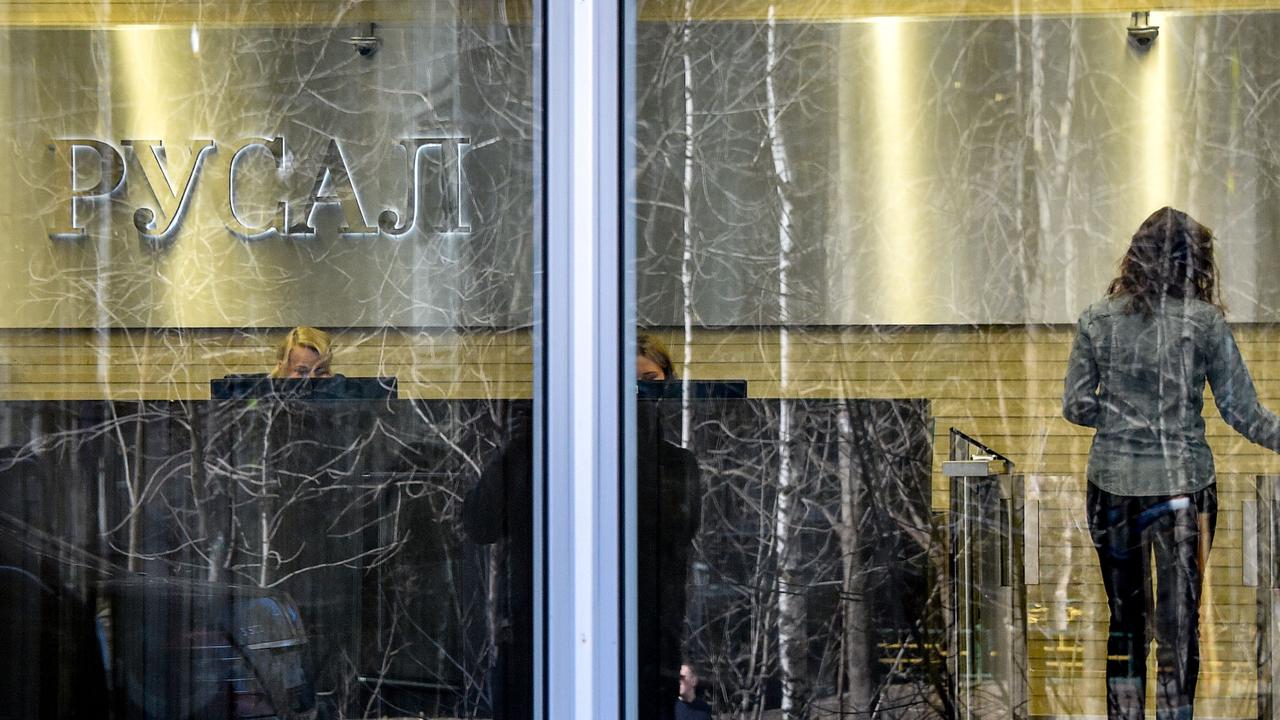Virgin boss John Borghetti faces challenge of getting return from restructure

The new capital from the entitlements issue, along with the recent $159 million placement to China’s HNA Innovation, will give Virgin $1.01 billion of fresh capital and cash.
About $450 million of that, however, is earmarked for repayment of the emergency funding Virgin’s major shareholders provided last year when it was experiencing massive cash outflows.
Over the next couple of years Virgin will also have to fund $200 million to $250 million of cash restructuring costs associated with its new restructuring program, $90 million to $100 million of which will be booked in its 2015-16 result.
With pre-existing charges for restructuring of between $165 million and $175 million that had previously been incurred, that will see between $410 million and $450 million of restructuring costs loaded into the financial year just ended.
Beyond the cash costs of the programs there will also be $150 million to $200 million of non-cash impairments that will be recognised over the next few years.
While Virgin (VAH) is maintaining guidance for its underlying pre-tax earnings for the year to June at between $30 million and $60 million, it is obviously going to report another substantial loss — and, given that it said its underlying earnings for the nine months to end-March were $63 million, an underlying loss of between $3 million and $33 million in the fourth quarter even before the restructuring charges.
The group lost nearly $550 million of a statutory basis over the previous three financial years so the losses over the four years to June could, on a statutory basis, be pushing up towards $1 billion.
More important than the reported underlying earnings, of course, will be the group’s cash flows.
In the December half of the latest financial year, where Virgin reported underlying pre-tax earnings of $81.5 million, there were cash outflows of $253 million. It is that haemorrhaging that forced the strategic shareholders to provide their emergency loans, caused alarm in the market and that has ultimately forced the capital raising.
With the shareholder loan repayments, the cash restructuring charges and the extent of the drain on cash at an operating level, the residual capital from the equity raising won’t last long unless chief executive John Borghetti can finally extract a return from the massive but so far financially unsuccessful investment in re-positioning and expanding the airline.
That’s a challenge, given that the starting point will be awash with red ink. Also fuel costs have risen this year, the bulk of Virgin’s non-shareholder debt is in US dollars but the bulk of its revenues are in Australian dollars and domestic demand was softening even before the federal election and its cliffhanger and uncertainty-generating outcome.
Since he arrived at Virgin in 2010, Borghetti has undoubtedly created a better and bigger airline; the problem is that at this point the huge investment in upgraded product hasn’t translated into a better and bigger business.
This is, having seen off an aggressive challenge to his position from Air New Zealand before it sold most of its shares, inevitably his final shot at generating appropriate returns (and most importantly cash) from his fleets of shinier planes and lounges.
Virgin is targeting up to $300 million a year of restructuring benefits by the end of the 2019 financial year from its latest transformation program, a large part of them from a major fleet simplification program. If it is to be viable in its current form it has to deliver them.
The Virgin register, with Air New Zealand selling out at HNA and another Chinese conglomerate, Nanshan Group, buying in, will look quite different after the capital raising.
Virgin’s remaining key strategic shareholders — Singapore Airlines, HNA and Virgin Group — are sub-underwriting the issue. The notable missing shareholder from the sub-underwriters is Etihad Airways.
Post-issue, if all the sub-underwriting was called on, Singapore Airlines would end up with almost 26 per cent of Virgin (20 per cent currently), Virgin Group 10 per cent (8.66 per cent) and HNA (13 per cent) and Nanshan (19.98 per cent) both just under 20 per cent.
Unlike Singapore Airlines and Virgin, the two Chinese shareholders aren’t injecting new capital to protect their existing and very substantial investments but all of them, and Etihad, will inevitably be putting real and substantial pressure on Borghetti to finally deliver on the financial outcomes of the vision he outlined when he launched Virgin’s “Game Change’’ program back in 2010.





The $852 million capital raising Virgin Australia formally launched today is supposed to secure the group’s stability and future. It won’t. That will be determined by the success, or otherwise, of another ambitious and costly Virgin restructuring plan that will absorb a big slice of the equity being raised.